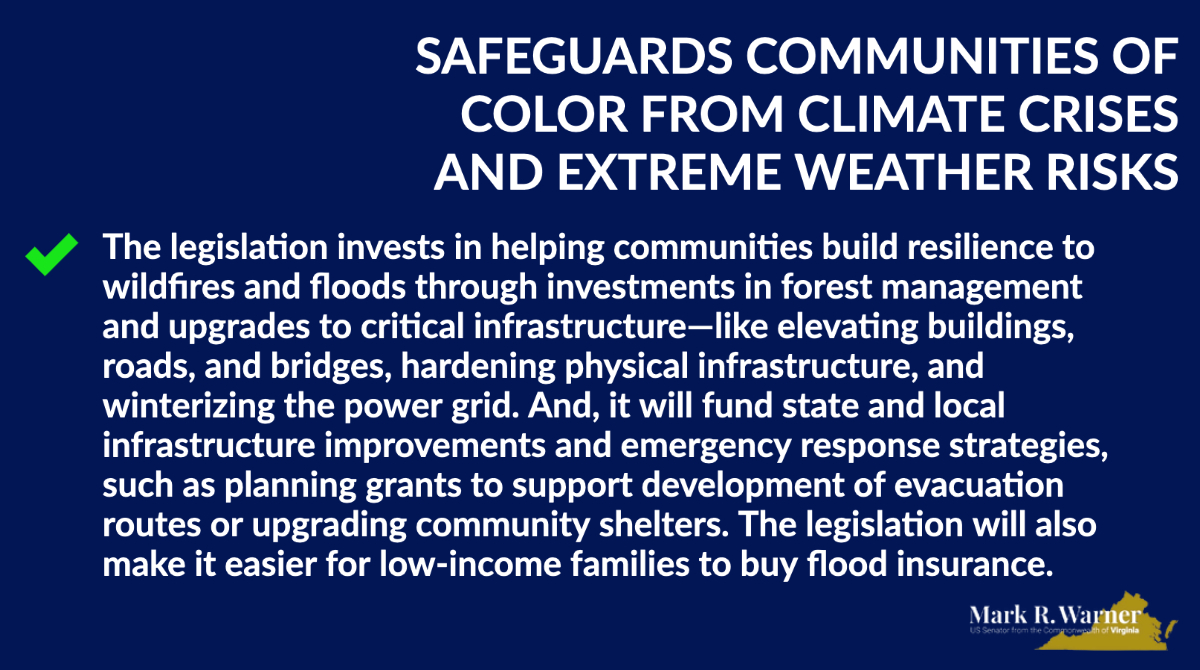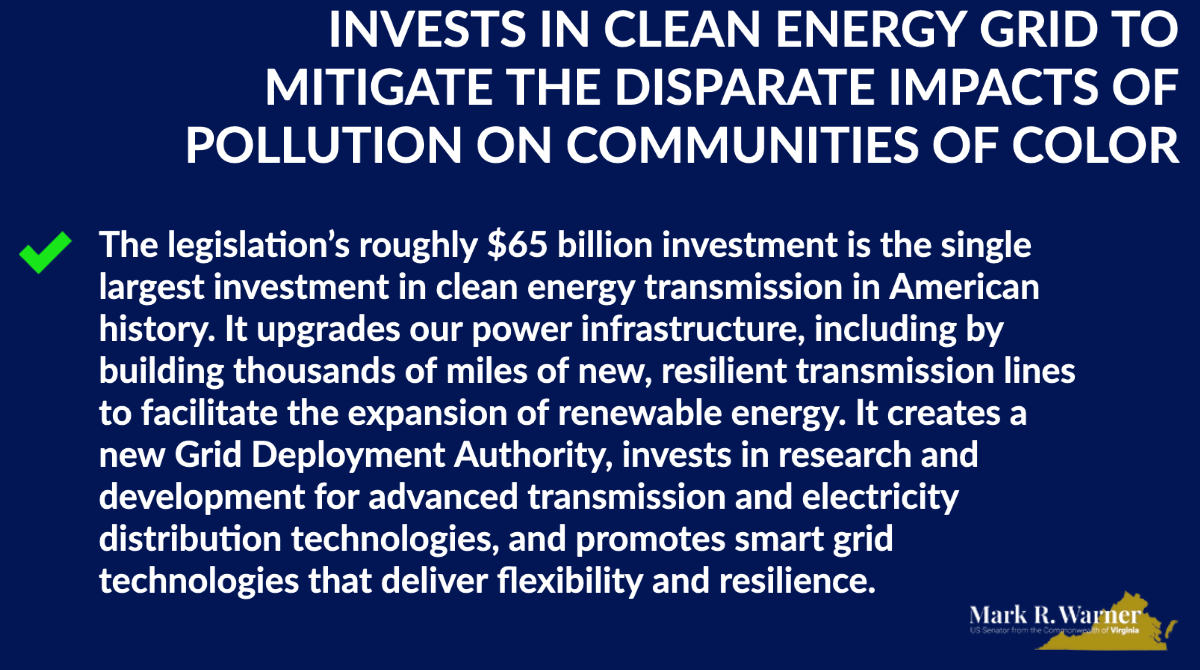
There’s been a tremendous amount of confusion – and in some cases, false information – surrounding a set of important tax compliance provisions in the bipartisan infrastructure package.
Let’s clear up a few things.
Let’s clear up a few things.
First, we need to acknowledge that the innovation and excitement surrounding digital assets has at times obscured some real problems – perhaps none greater than the tax evasion and non-compliance we have continued to see.
cnbc.com/2021/05/31/cry…
cnbc.com/2021/05/31/cry…
The tax gap is especially pronounced in two areas:
1) Cryptocurrency exchanges (some of which openly advertise non-compliance) and custodial wallets, and
2) Businesses that receive cryptocurrency as payment but don’t report it.
1) Cryptocurrency exchanges (some of which openly advertise non-compliance) and custodial wallets, and
2) Businesses that receive cryptocurrency as payment but don’t report it.
First, we’re seeing decentralized exchanges openly advertise their non-compliance w/ regulatory and tax rules – that’s something that we seek to address in this legislation by making clear that, notwithstanding their claims, they’re still subject to compliance.
As we saw on a different front last week, these decentralized exchanges seek to openly flout the established governance regime the US has sought to maintain.
sec.gov/news/press-rel…
sec.gov/news/press-rel…
Second, it’s well-understood that if you pay for something in more than $10,000 cash, there’s a reporting requirement. The bill made clear that this applies to crypto, too, as Treasury had proposed. Even @BlockchainAssn claimed this was common sense bloomberg.com/news/articles/…
A bipartisan group of Senators rose to this challenge – clarifying Treasury authority (and ratifying Treasury proposals that have been public since this spring) – in the context of a vitally important and long overdue infrastructure package.
For over a week, the Administration has reiterated to all Senators involved that the scope of these rules would not extend to parts of the crypto ecosystem where entities wouldn’t in their normal course of business be able to collect the relevant information for tax reporting.
They’ve made clear the scope of these provisions is limited – and said repeatedly to Senators that it would not capture miners in proof of work contexts, nor validators in proof of stake contexts. Nor would it capture devs simply contributing code to cryptocurrency projects.
To be fair, obscure provisions of tax law aren’t something most Americans have a passing familiarity with. And in an area as complex and fast-moving as digital assets – it benefits all of us to be clear and get things right.
My colleagues' amendment to the underlying bill would – in the eyes of @FACTcoalition – actually take a step *backwards* in key respects, including (in @FACTcoalition's eyes) undermining the bipartisan AML law Congress enacted law year. warner.senate.gov/public/index.c…
As @FACTcoalition has emphasized, that clarification from my colleagues was not necessary – and would have hastily and over-broadly carved out DeFi exchanges and custodians, even when they *are* in a position to collect this compliance information.
thefactcoalition.org/congress-shoul…
thefactcoalition.org/congress-shoul…
While the Admin had been clear that they would not seek to collect or require information from any entities who could not collect or possess it, we realized that there was clearly a lot of confusion and consternation out there.
Thus, in good faith, I and others worked with Treasury to craft a compromise amendment that sought to dispel those concerns – including making clear to folks expressing concern that miners would not be covered.
Some have misinterpreted previous language I had offered to favor proof of work cryptocurrencies – the intent was anything but: to reiterate, all the drafters have repeatedly emphasized they do *not* see validators under any consensus mechanism as subject to compliance.
Our amendment *only* mentioned proof of work explicitly because that seemed to be the greatest alarm – based on mischaracterizations and misinterpretations – of the underlying text. @robportman and I revised our amendment to make clear that both miners and stakers aren't covered.
Ultimately the exact wording describing those validating distributed ledger transactions doesn’t even matter because – again – the Administration & the drafters have made clear to all Senators that validators aren’t covered by the rules under any conceivable consensus mechanism.
Following robust conversations, I’m pleased to have worked in good faith with my colleagues @SenToomey, @senrobportman , @SenLummis, and @SenatorSinema to reach a compromise amendment that would have memorialized and clarified all of this.
While that amendment did not pass due to objections, I look forward to continuing to work with my colleagues on this important issue.
As a former venture capitalist and someone who’s enthusiastic about innovation, I want to maintain America’s lead in financial innovation, including distributed ledger technologies.
But we don’t want to create opportunities for bad actors to evade the sensible and important set of governance rules that we’ve established to ensure that financial networks aren’t enabling illicit activity.
Our nation’s geopolitical influence – our ability to ensure compliance with AML rules, to combat illicit finance and terrorist financing, is predicated on our nation’s central role in global financial infrastructure.
And it rests on our ability to ensure that entities that come into contact w/ that financial infrastructure comply w/ the governance regime we’ve established. We must be clear that innovation/decentralization is not a license to evade the core governance regime the US maintains.
• • •
Missing some Tweet in this thread? You can try to
force a refresh











